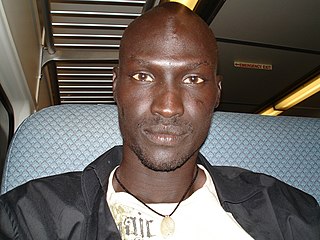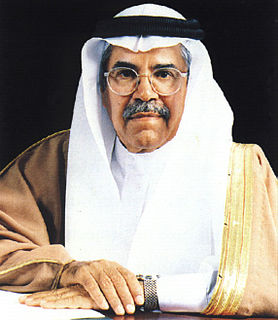A Quote by Bernie Sanders
What we're also looking at, if we do not transform our energy system, is more international war and conflict as countries fight over limited natural resources, including water and land to grow their crops.
Related Quotes
Climate change is directly related to the growth of terrorism. And if we do not get our act together and listen to what the scientists say, you're going to see countries all over the world struggling over limited amounts of water, limited amounts of land to grow their crops ask you're going to see all kinds of international conflict.
...As the disparity between the rich and the poor grows, the fight to corner resources is intensifying. To push through their "sweetheart deals," to corporatize the crops we grow, the water we drink, the air we breathe, and the dreams we dream, corporate globalization needs an international confederation of loyal, corrupt, authoritarian governments in poorer countries to push through unpopular reforms and quell the mutinies. Corporate Globalization-or shall we call it by its name?-Imperialism-needs a press that pretends to be free. It needs courts that pretend to dispense justice.
Bolivia also depends not only on tin and other minerals, but also depends on the gas and oil. A rational extraction should be made, taking care of the environment. We should give added value to this natural resource, and generate revenue to fight poverty with more resources, that come from natural resources.
Historically, international law lent a measure of legality to the colonial system, and allowed the West to set the rules for participation as a sovereign state on a global level. It also protected the interests of foreign investment in countries of the global South even when these were exploitative, and deprived countries of the benefits of resources situated within their territories.
When resources are degraded, we start competing for them, whether it is at the local level in Kenya, where we had tribal clashes over land and water, or at the global level, where we are fighting over water, oil, and minerals. So one way to promote peace is to promote sustainable management and equitable distribution of resources.
































